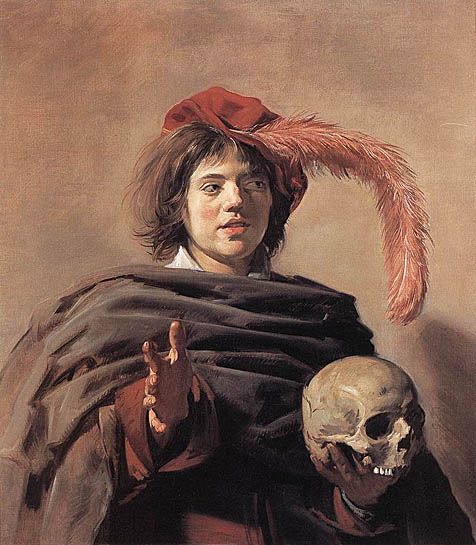Am I Really Not My Hair?
By:
Geneva S. Reese
Over the course of the previous year, I embarked on a journey that would forever alter how I perceived myself and my associated worth as a black woman in the United States of America. The state in which a black woman keeps her hair has been a toxic topic of discussion throughout many generations, which have caused crippling ripple effects stigmatizing and stereotyping black women who wear natural hairstyles as “unkempt”, “unprofessional”, and “ugly” or less favorable to their loose curled or straight-haired counterparts. Being someone who’s naturally curious and likes to conduct experiments, I decided to put this ideology to the test. I would purchase three wigs; one black, one blonde, and one red (all of which were the same straight hairstyles), and I would compare how I was treated with my wigs versus my natural hair. My control in this experiment was a plain outfit; a black skirt, a grey sweater, and matching black heels. I went in with the belief that the straight black wig would be more accepted and would receive more positive reactions than the other hairstyles. That my natural 4C hair type would be less attention-grabbing and would receive fewer compliments, that the red wig would receive more sexual comments, and that the blonde wig would receive the most hate. I expected to be treated differently, but what I didn’t realize was how the wigs would change how I carried and perceived myself as well.
I decided to start my experiment off with my black wig and to say that everything was normal would be an understatement. When I wore the wig, it was like a new world had opened up to me. It felt like everyone was looking at me, but in a positive way that I wasn’t comfortable with. Boys would race me to doors to open them for me, and girls would glare at me. One boy ran down a flight of stairs just to tell me I looked beautiful. It broke my heart, and the more I changed my wigs the more those comments would vary. With the blonde wig, someone smacked my butt, with the red wig I got catcalled and referred to as “Mami” or “Jessica Rabbit”. Different opportunities were opened up to me because of my change of appearance, and I felt the weirdest mixture of being an accepted outcast. My natural state, who I am, was not accepted. It was not seen as equally beautiful. It was something to be shameful over, but this new hair was something that was accepted. It popularized me, it made people treat me like how I’d always craved to be treated, it made me reconsider my own sense of worth and feminity and I wondered how these wigs would impact me in different ways of my life. Would I have more relationship experiences, would I be treated differently as I shop at varying stores, would I be considered more favorable to hire for future employment?
I have not been the only one to think this as these beliefs have plagued the everyday life of a black woman. In a 1992 study, J.S. Bowman surveyed personnel officials from forty agencies and found that 75% of the managers in their sample believe that employees who are well-dressed and groomed were perceived as more intelligent, hardworking and socially acceptable. Managers with hidden biases would not select a candidate with an ethnic hairstyle for a job. However, if the candidate had straightened hair looking more white and less ethnic, then there would have been a better chance for the candidate to get a job. To combat the natural kinkier hairstyles, beyond wigs, black women have resorted to perming their hair. This is a chemical way to physically alter the texture of one’s hair to become straight. In a popularized scene in Spike Lee’s “Crooklyn”, Crooklyn goes to spend a summer with her Aunt and Cousin who proclaim that her natural hair is too hard to handle to which she is seen in a later shot getting a perm to make her look “presentable” and like a “proper young lady”. This expected pressure to modify you hair to be accepted ran ramped, but on November 15, 2005, the artist known as India Arie released her song entitled “I am Not My Hair” which challenged this ideology. This song would be recognized as the catalyst that set ablaze the empowerment for women of color, particularly black women, across the country in embracing who they are. It accomplished this with its at the time, forward lyricism about embracing the beauty of your hair no matter how you choose to present it. The song also acted as a form of testimony for India’s journey with dealing with her own insecurities with her hair as she learned self-acceptance.
While we as a society have made more strides to accept natural hair and promote that form of positivity, we’ve still got a long way to go before everyone can feel the same level of brief acceptance my wigs provided for me.




